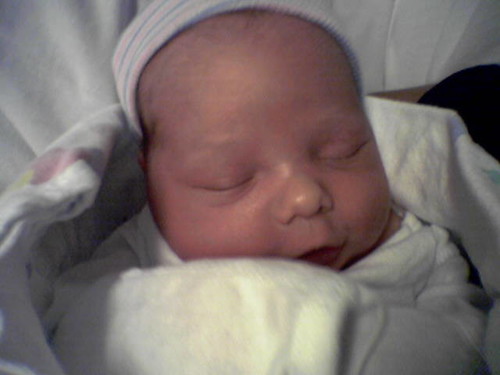
Rav Bivi taught a Baraisa before Rav Nachman: Three women may cohabit using a wad (absorbent material to prevent pregnancy). They are: A minor, A Pregnant Woman & a Nursing Woman. A Minor is permitted because she may become pregnant and she may die. A Pregnant Woman is permitted as she may render her fetus a Sandal (a Fetus with a deformation). A Nursing woman is permitted as she may be forced to wean her child and he will die. (The thought was that if she becomes pregnant her body would stop producing milk suitable for her existing child)
[As a general rule, Torah advocates having children and having as many children as possible. Children are considered the greatest source of blessing and who doesn't want more blessing? The Torah enjoins us to be fruitful and multiply and we want to do this to the best of our ability, by having as many children as we are granted by G‑d.
Yet, having said that, there are certain situations when it will be detrimental to a woman's health or emotional wellbeing and she needs the physical break from another pregnancy. That is why we have rabbis who deal with the special circumstances of every individual. And that is why every individual should have a rabbi to whom they can turn. None of us are carbon copies of another, and each of our situations are different. If for some reason a woman or a couple is finding it difficult to have more children this is something that needs to be discussed with a competent and caring Rabbi with whom they can be open and forthright and who can advise them objectively on the Torah's position, specifically for their situation.
It is important to note that even if the circumstances call for a rabbinical dispensation allowing birth control, not all forms of contraception are allowed. The rabbi with whom you consult will certainly advise you in this area as well. -Chana Weisberg for Chabad.org]
- Yevamos 12b









